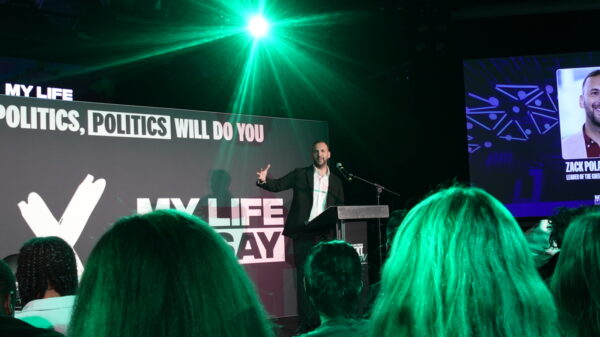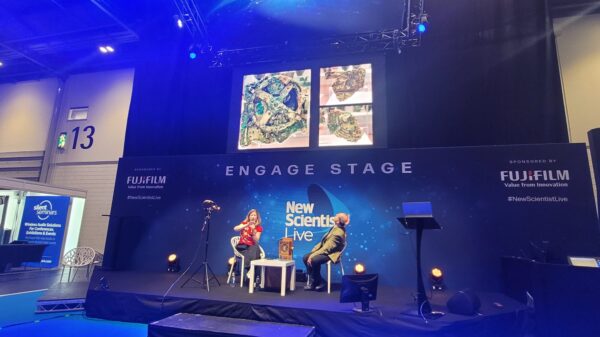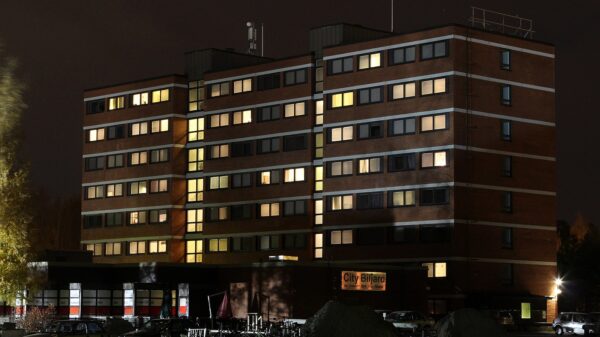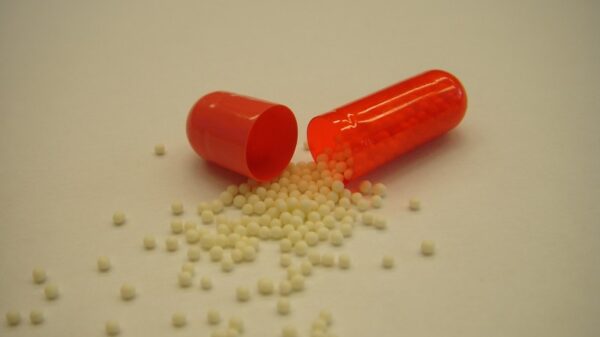Students from the Electronics, Robotics, Rocketry and Engineering societies at King’s have formed an inter-society association to manage the training, equipment, storage and 3D printing within the Wheatstone Makerspace.
The Wheatstone Makerspace, hosted by the Department of Physics, is a space open to all students and staff for hands-on independent work on both university and home projects. Users of the lab can find access to 3D printers, laser engravers, electronic tools, CNC machines and more.
The team spent the summer designing a proposal outlining their plans for the lab’s operation and received approval from Dr. Jay Patel, who co-leads the Wheatstone lab with Dr. Rafael Tapia-Rojo.
The Fuel Behind the Initiative
Adam, a PhD student at King’s, was put in charge of the new Wheatstone Makerspace when it opened on 22 March 2024 by Dr. James Millen, the staff lead of the Wheatstone at the time.
Adam told Roar the decision to move the lab to the new space was motivated by the cramped state, issues with misplaced equipment and the push to make the space more student-led.
Complaints about the Wheatstone are hardly breaking news. Those who have familiarised themselves with the street entrance of the Macadam Building (where the current lab is located), those with a memory of the “broom cupboard” turned lab, or those who have visited the remains, know that the Wheatstone lab’s reputation has long fought an uphill PR battle. The mounting frustration with the space has driven the alliance into existence.
Dylan, co-president of the KCL Electronics Society, highlighted his experience with the lab during the Unibots 2025 competition as one of his main motivators for taking initiative:
“UniBots was a peak usage period, and while we cleaned almost all of the mess afterward, some small issues remained. This highlighted the need for a more efficient system to maintain cleanliness in the makerspace.”
Dylan believes the lab in its current state holds a lot of undeveloped potential:
“We believe the space can be highly productive if well-managed, and the Wheatstone Alliance can improve its efficiency and usability.”
The team was formed to demonstrate to NMES their commitment to the makerspace and eliminate the root causes of complaints being generated as a result of a minority using the space without care.
What is in the Proposal?
Dylan told Roar the team has taken inspiration from successful makerspace models, including those of Imperial Robotics Society and London Hackspace.
The current 3D printing system in the Wheatstone lab is riddled with breakdowns and vulnerabilities, which have led to improper use. The alliance proposes introducing an automated pipeline software inspired by the Imperial College Robotics Society (ICRS), incorporating queuing, notifications and print approval into a streamlined software system.
In terms of storage, the alliance plans to replace the current ‘free-for-all’ system with an ‘IKEA-style numbered space’, incorporating labelled storage spaces and a dynamic system for allocating storage space, ensuring organisation and accountability.
The proposal also includes a mandatory cleaning rota, a society-managed consumables store, centralised training for all equipment and an ACnodes set-up for training-based access to select machinery.
The Pillars of the Alliance
The initiative is currently being led by the committees of the KCL Electronics, Robotics, Rocketry and Engineering societies. The alliance council is also planning to involve solo users of the Wheatstone.
Roar asked Dylan why he felt members of the societies were the right people for the job. He pointed to how society members currently make up the majority of Wheatstone users, and hence it felt only right to take responsibility. He also mentioned the reason for forming an alliance rather than a new society, “(…) allows non-affiliated students and staff to have a voice as well.”
The Wheatstone Leads
Patel and Tapia-Rojo, who recently took over responsibility of the lab, including safety training and access to equipment, say they were attracted to the space because of the workshop’s nurturing environment for creativity and innovation:
“To truly make something unique or bespoke for an application, it is so important to be able to adapt an existing part or develop a new part entirely, and the Wheatstone Makerspace is the perfect place where you can do this.”
Patel told Roar the Wheatstone Alliance is an important step to developing leadership and organisational skills by handing responsibility to expert users:
“The Wheatstone has a wide range of equipment, and the society members are usually the experts in specific tools, making them perfect mentors to share their knowledge and experience to single-users.”
The leads hope the lab and the initiative will generate enthusiasm amongst the King’s community to apply their practical skills and showcase their creativity.
Looking into the Future
The team has prioritised sorting the makerspace storage and implementing their cleaning rota. They hope that, in the long run, the initiative will create an atmosphere where students are comfortable discussing issues and potential changes surrounding the makerspace.
“We’re hoping to have more say in how the space is run,” Dylan added.
The alliance team spent the summer drawing up their proposal and carrying out a preliminary lab-wide cleanup, including organising each society’s inventory. A finalised version of the proposal, along with other details, can be found on the Wheatstone Alliance website.
The Wheatstone Alliance is an exciting step for student-led spaces and will redefine the future of technical student societies and projects at King’s.















